India's giant election begins

Voting started today across 91 constituencies spread over 20 states in the first phase of India's marathon seven-phase parliamentary elections with an estimated 142 million people eligible to exercise their franchise.
The voting, which began at 7:00am Indian time and will end at 6:00pm in most places, is widely expected to set the tone for the entire national poll seen as a clash of ideologies symbolized by Hindu nationalist Bharatiya Janata Party led by Prime Minister Narendra Modi and Rahul Gandhi-headed Centre-of-the-Left Congress party and decide the relevance of nationalism on one hand and livelihood issues like farm sector crisis and unemployment on the other.
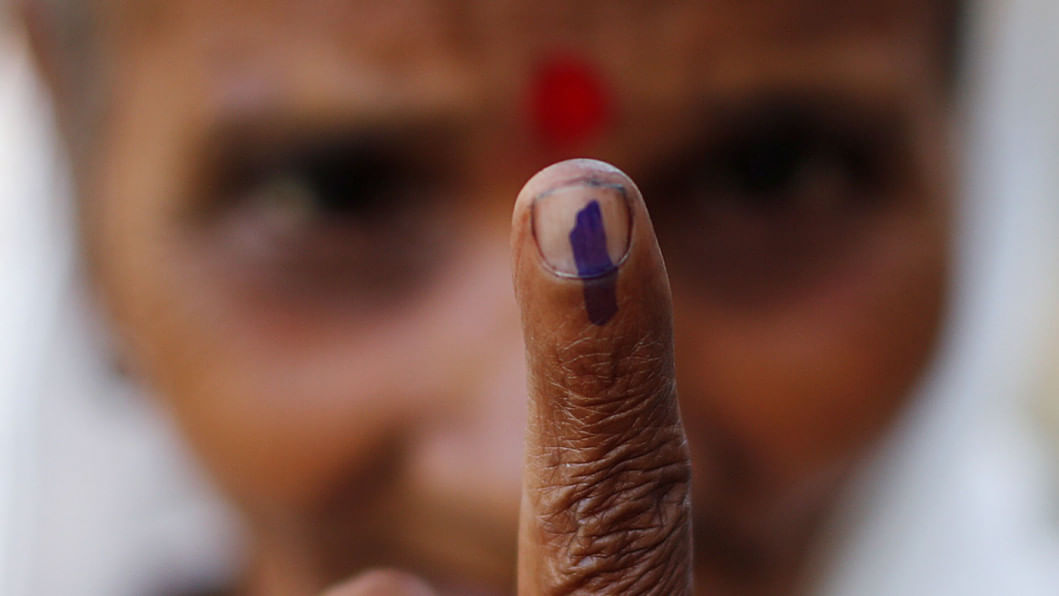
A party or a group of parties have to secure 272 parliament seats out of the total of 543 to get simple majority under India's first-past-the-post system.
30 of the 91 parliamentary seats up for grabbing in the opening phase assume importance because the BJP-led National Democratic Alliance had won 29 of them previously in six states-- Uttar Pradesh, electorally India's largest state; Maharashtra, the second largest; Bihar, Assam, Uttarakhand and Chhattisgarh.
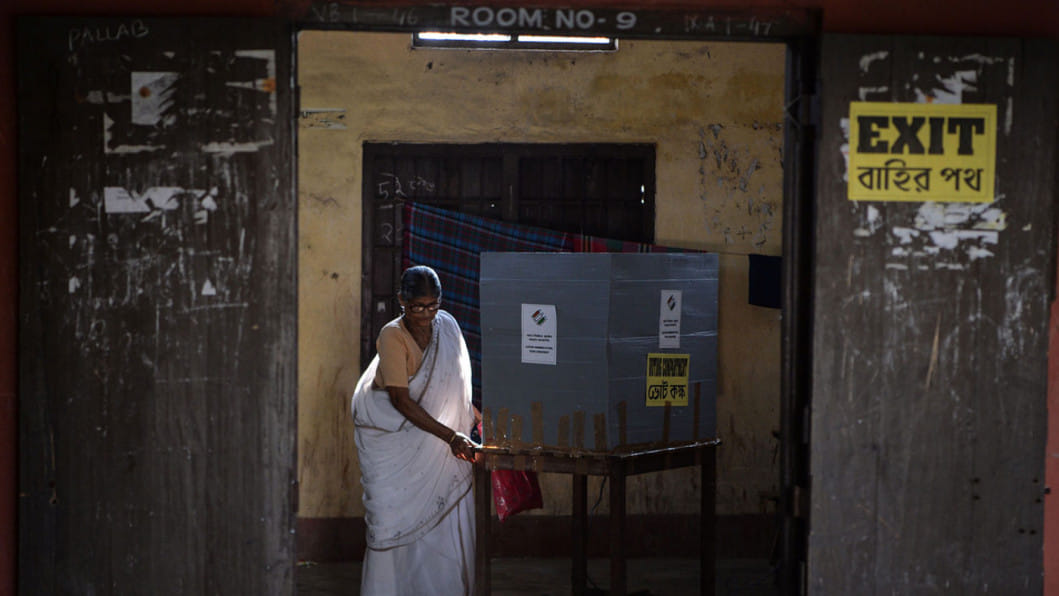
Besides the parliamentary polls, the states of Andhra Pradesh, where Chief Minister Naveen Patnaik, in power for 19 years, is making a bid to return to power for a record term, and Sikkim, where India's longest-serving Chief Minister Pawan Chamling is in power for the last 25 years, will elect a new legislative assembly today.
Polling for all the 25 Lok Sabha seats and 175 state assembly seats in Andhra Pradesh will be completed today with ruling Telugu Desam Party of Nara Chandrababu Naidu is pitted in a tough battle with its principal rival YSR Congress party led by Jaganmohan Reddy.
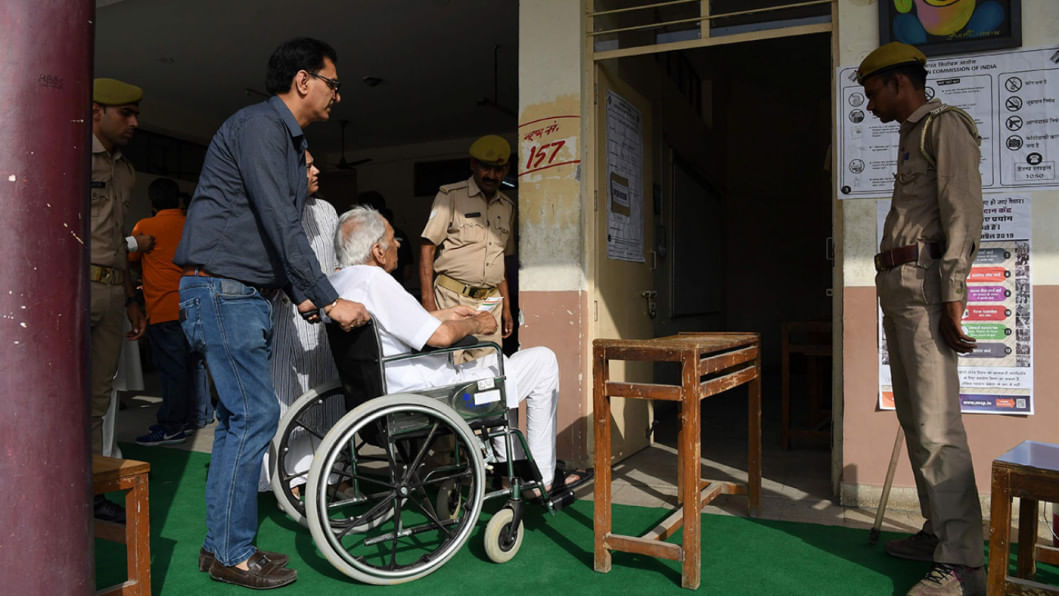
The staggered parliamentary polls will end on May 19 and vote count is slated for May 23.
Modi is seeking a second successive stint in power with a campaign that has revolved largely around the theme of national security, along with populist promises of development, sops for farmers and welfare measures for the poor.
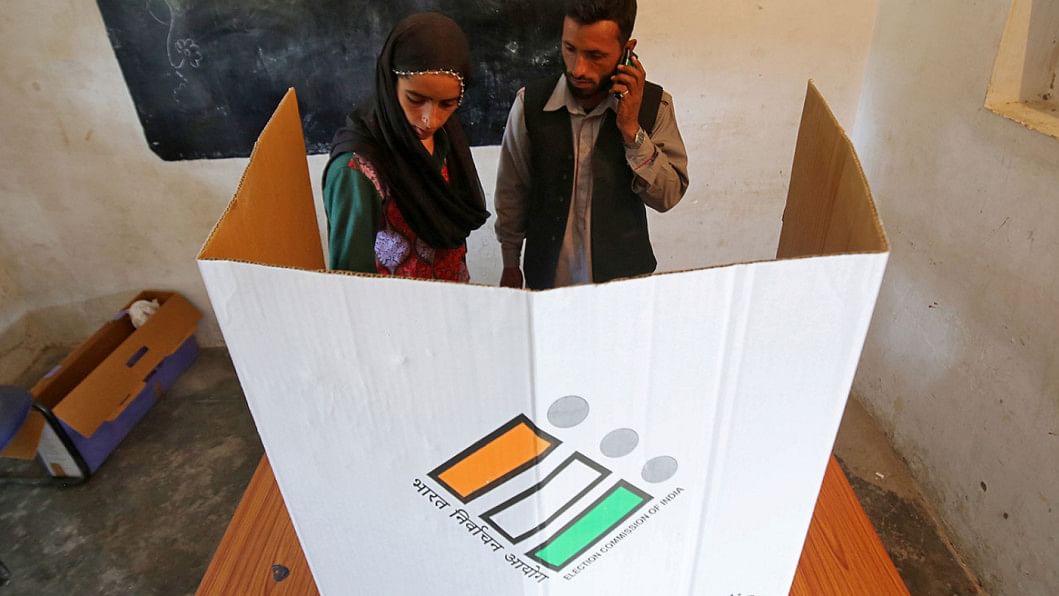
Rahul Gandhi, who accuses the Modi government of corruption, crony capitalism and suppression of dissent, is leading the opposition's determined bid to oust the BJP from power hoping to tap into resentment of falling prices of agricultural produce, debt-laden farmers committing suicide and joblessness.
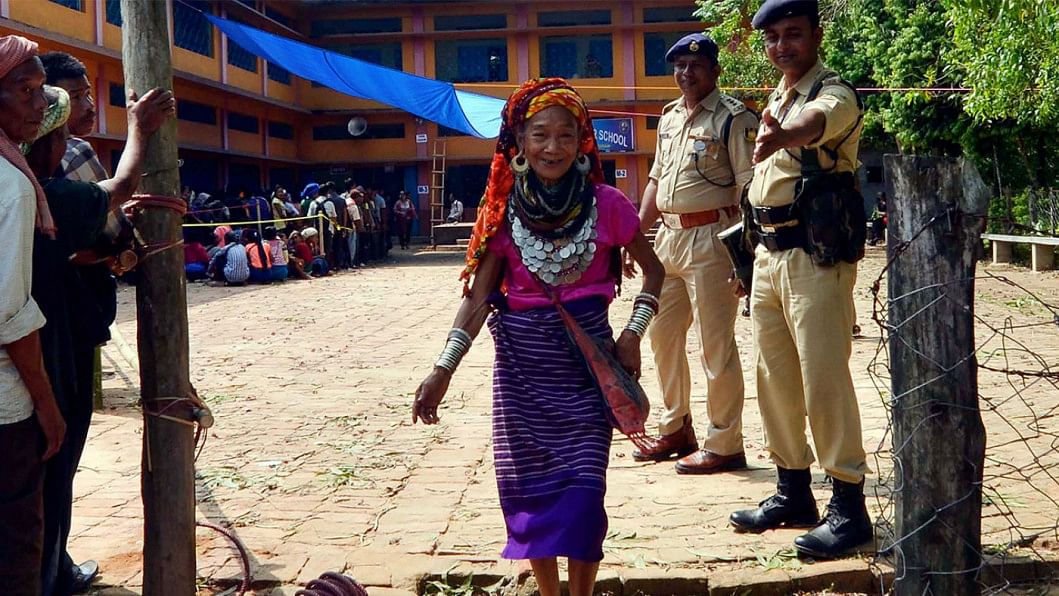
The states of Andhra Pradesh, Arunachal Pradesh, Meghalaya, Uttarakhand, Mizoram, Nagaland, Sikkim, Lakshadweep, Andaman and Nicobar Islands and Telangana will see end of polling today in a single phase while the same will be only in parts of Assam, Bihar, Chhattisgarh, Jammu and Kashmir, Maharashtra, Manipur, Odisha, Tripura, Uttar Pradesh and West Bengal.
In Uttar Pradesh, the state which sends the maximum number (80) of lawmakers to the Lok Sabha, voting is being held in eight seats in communally-sensitive parliamentary constituencies in western part of the state with the BJP up against the alliance of Samajwadi Party of Akhilesh Yadav and Mayawati-led Bahujan Samaj Party. In the previous national poll in 2014, the BJP had won six of the eight. The Congress is going it alone, setting up three-cornered contests on most seats.
The key constituencies in UP today are Saharanpur, Kairana, Ghaziabad, Baghpat and Gautam Buddha Nagar, known as Noida, a satellite town of Delhi.
Ten of the total of 13 parliamentary seats in Assam and two of the 42 seats in West Bengal will also see polling today. Five years ago, the BJP had won nine of the ten seats in Assam but this time the controversial Citizenship Amendment Bill that seeks to give Indian citizenship to religious minorities from Bangladesh, Pakistan and Afghanistan, will shape the electoral outcome.
The Bill has met with widespread resistance, including violent street protests, in much of the entire north eastern India and the BJP faces an uphill task to fight it off.
In West Bengal, the two constituencies that went to parliamentary polls today were Coochbehar and Alipurduar where Mamata Banerjee-led Trinamool Congress' main challenger is the BJP this time despite the presence of the Congress and Left parties.

 For all latest news, follow The Daily Star's Google News channel.
For all latest news, follow The Daily Star's Google News channel. 

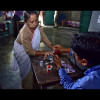


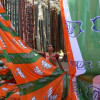



Comments